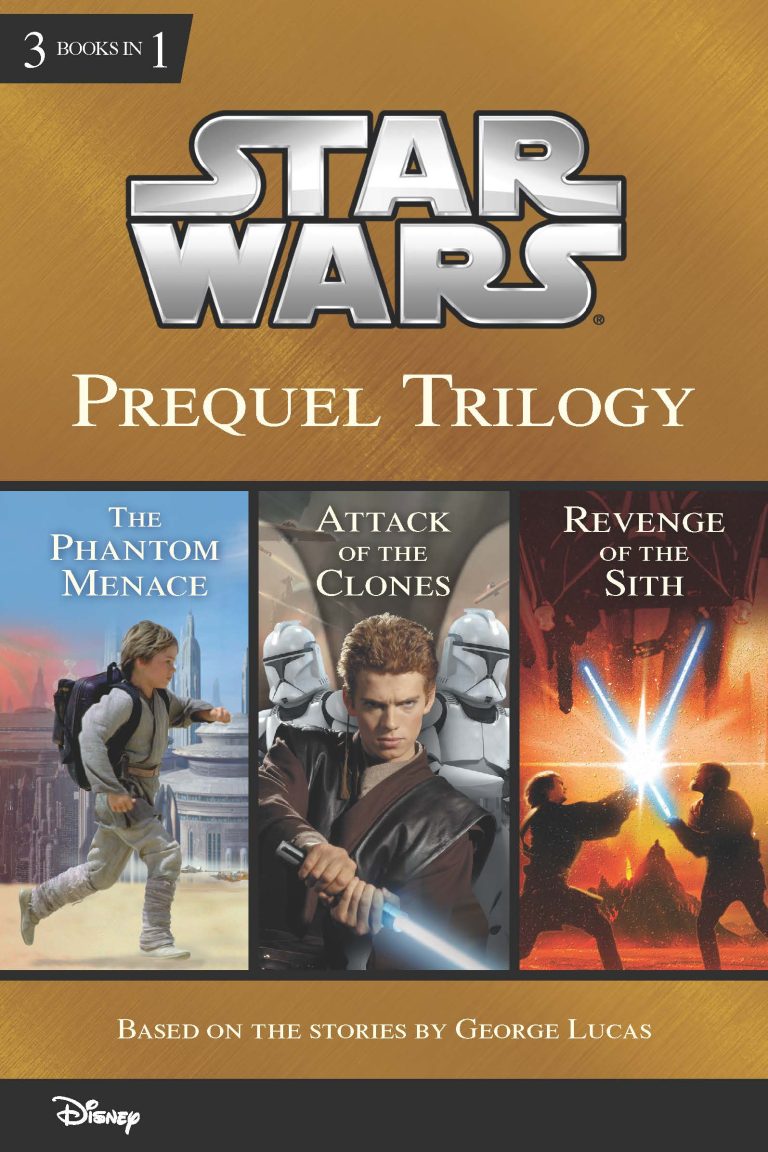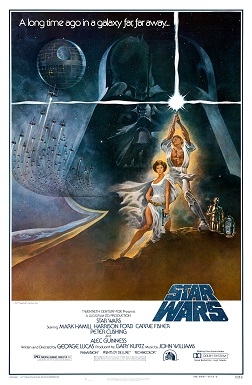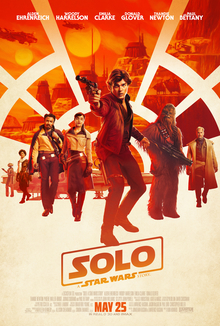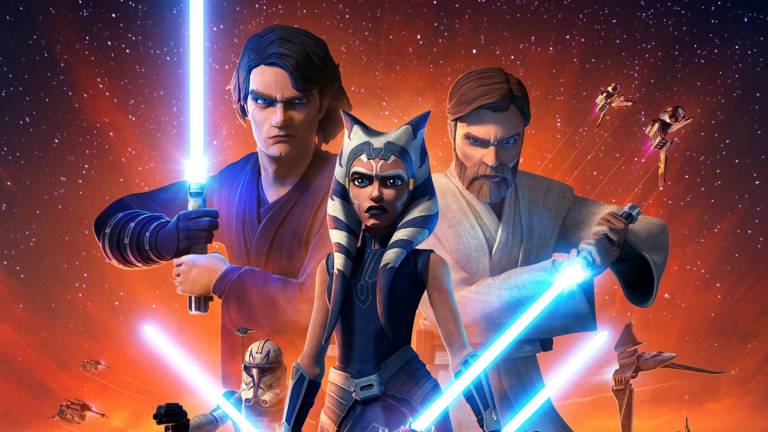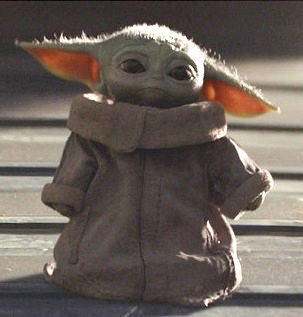Is There A Specific Timeline For The Events In The Star Wars Series?
Ah, Star Wars – the epic saga that has captured the hearts of millions across the galaxy. From the iconic battles between the Jedi and the Sith to the thrilling adventures of Luke Skywalker and Rey, the Star Wars series has become a cultural phenomenon. But amidst the lightsabers and space battles, is there a specific timeline for the events in the Star Wars universe? Let’s dive in and explore this captivating question.
When it comes to the Star Wars series, the timeline can be a bit…shall we say, “complicated.” With multiple trilogies, standalone films, animated series, and spin-offs, it’s no wonder fans sometimes find themselves in a state of confusion. But fear not, my fellow Star Wars enthusiasts, for there is indeed a specific timeline that guides the events in this vast universe. From the rise of the Galactic Republic to the fall of the Empire, each story is intricately woven into the fabric of time. So, grab your blaster and hop aboard the Millennium Falcon as we embark on a journey through the chronological tapestry of Star Wars.
Now, before we delve into the nitty-gritty details, it’s important to note that the Star Wars timeline is not presented in a linear fashion. Instead, it jumps back and forth between different eras, offering a unique storytelling experience. From the prequel era, which focuses on the rise of Anakin Skywalker and the fall of the Republic, to the original trilogy that follows the adventures of Luke, Leia, and Han Solo, and finally to the sequel trilogy where new heroes and villains emerge, the Star Wars timeline is a tapestry of interconnected stories. So, if you’ve ever wondered how the events of the prequels connect to the original trilogy or where the latest films fit in, fear not, for we shall unravel the mysteries of the Star Wars timeline together. May the Force be with us as we embark on this thrilling journey through a galaxy far, far away!
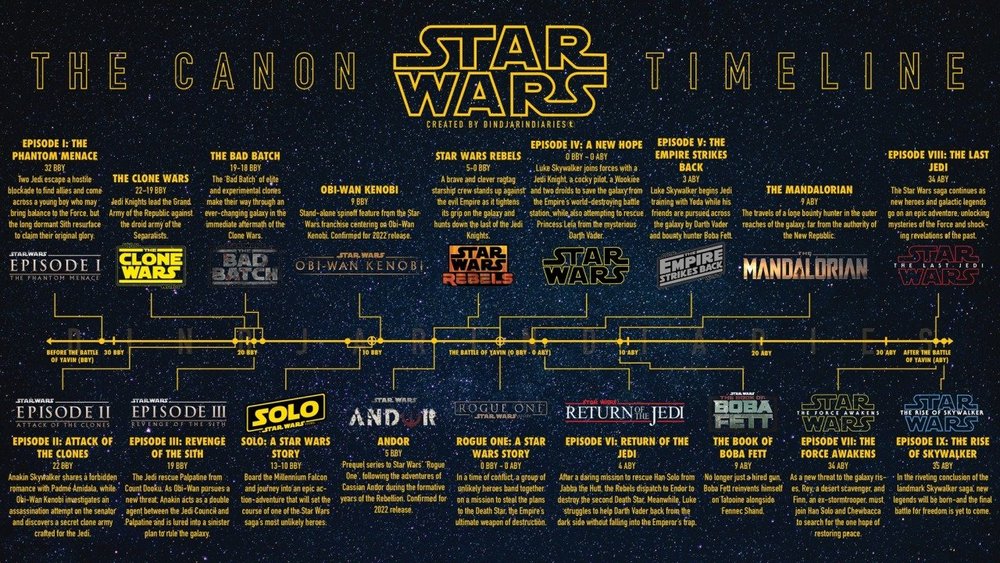
Is There a Specific Timeline for the Events in the Star Wars Series?
The Star Wars series is a beloved franchise that has captivated audiences for decades. With its epic battles, iconic characters, and sprawling universe, it’s no wonder that fans are eager to understand the timeline of events within the Star Wars universe. While the series has been released out of chronological order, there is indeed a specific timeline that connects all the movies, TV shows, and other media together.
The Original Trilogy: A New Hope, The Empire Strikes Back, and Return of the Jedi
The Star Wars saga began with the release of “A New Hope” in 1977. This film introduced audiences to the characters of Luke Skywalker, Princess Leia, Han Solo, and Darth Vader. The events of the original trilogy take place during a period of civil unrest in the galaxy as the Rebel Alliance fights against the tyrannical rule of the Galactic Empire.
In “The Empire Strikes Back,” the story continues with the Rebels on the run from the Empire and facing personal challenges and revelations. The film ends on a cliffhanger, setting up the final installment of the original trilogy, “Return of the Jedi.” This film sees the Rebel Alliance launching a final assault on the Empire, culminating in the redemption of Darth Vader and the downfall of the Emperor.
The Prequel Trilogy: The Phantom Menace, Attack of the Clones, and Revenge of the Sith
The prequel trilogy takes place before the events of the original trilogy and explores the rise of Darth Vader and the fall of the Jedi Order. “The Phantom Menace” introduces us to Anakin Skywalker, a young boy with a strong connection to the Force. The film also delves into the political machinations of the galaxy and the emergence of the Sith.
In “Attack of the Clones,” the galaxy is on the brink of war as the Separatist movement threatens to tear the Republic apart. Anakin Skywalker, now a Jedi Knight, begins to question his loyalty to the Jedi Order and becomes entangled in a forbidden romance with Padmé Amidala. The film ends with the revelation of a clone army being secretly created for the Republic.
“Revenge of the Sith” is the final film in the prequel trilogy and depicts the fall of Anakin Skywalker to the dark side of the Force, becoming Darth Vader. The Jedi Order is decimated, and the Galactic Empire is born. This film sets the stage for the events of the original trilogy.
The Sequel Trilogy: The Force Awakens, The Last Jedi, and The Rise of Skywalker
The sequel trilogy takes place after the events of the original trilogy and follows a new generation of heroes and villains. “The Force Awakens” introduces us to Rey, Finn, and Kylo Ren as they navigate the remnants of the Empire, now known as the First Order. The film sets up a new conflict between the Resistance and the First Order, culminating in a showdown between Rey and Kylo Ren.
“The Last Jedi” continues the story, with Rey seeking guidance from the legendary Jedi, Luke Skywalker. The Resistance is on the brink of destruction as the First Order closes in on their hidden base. The film explores themes of redemption and the nature of the Force.
“The Rise of Skywalker” is the final installment of the Skywalker saga, bringing the story full circle. Rey discovers her true lineage and confronts Emperor Palpatine, the ultimate threat to the galaxy. The film ties up loose ends and provides closure for the characters and the overall story.
Other Media and Spin-Offs
In addition to the main saga films, there are numerous spin-offs and TV shows that expand the Star Wars universe. These include standalone films like “Rogue One: A Star Wars Story” and “Solo: A Star Wars Story,” as well as animated TV shows like “The Clone Wars” and “Rebels.” These stories fill in gaps in the timeline and provide further context for events and characters.
While the Star Wars series may not have been released in chronological order, there is a specific timeline that connects all the events together. From the original trilogy to the prequels and sequels, each film and TV show contributes to the overarching story of the Star Wars universe. Whether you’re a die-hard fan or new to the series, exploring the timeline can deepen your understanding and appreciation of this beloved franchise.
Key Takeaways: Is there a specific timeline for the events in the Star Wars series?
- The Star Wars series has a specific timeline that spans across multiple movies and TV shows.
- The main saga consists of three trilogies: the Original Trilogy, the Prequel Trilogy, and the Sequel Trilogy.
- There are also standalone films and TV shows that fit into the overall timeline.
- The events in the Star Wars universe are set in a galaxy far, far away and take place over a span of many years.
- While the timeline can be complex, it is possible to follow the events chronologically and understand the interconnected stories.
Frequently Asked Questions
1. How is the Star Wars series timeline structured?
The Star Wars series timeline is structured in a chronological order that spans several eras. It begins with the prequel trilogy, which includes “Episode I: The Phantom Menace,” “Episode II: Attack of the Clones,” and “Episode III: Revenge of the Sith.” These films depict the events that led to the rise of the Galactic Empire and the fall of Anakin Skywalker, who later becomes Darth Vader.
Following the prequel trilogy is the original trilogy, consisting of “Episode IV: A New Hope,” “Episode V: The Empire Strikes Back,” and “Episode VI: Return of the Jedi.” These films follow the Rebel Alliance’s struggle against the Galactic Empire and the journey of Luke Skywalker, Princess Leia, and Han Solo.
Lastly, there is the sequel trilogy, which includes “Episode VII: The Force Awakens,” “Episode VIII: The Last Jedi,” and “Episode IX: The Rise of Skywalker.” These films introduce new characters while continuing the story of the Jedi and the resurgence of the Sith.
2. Are there any additional films or TV shows that fit into the Star Wars timeline?
Yes, there are additional films and TV shows that expand the Star Wars timeline. These include standalone films like “Rogue One: A Star Wars Story” and “Solo: A Star Wars Story,” which provide further context and explore different aspects of the Star Wars universe.
In addition to the films, there are several animated TV shows that contribute to the timeline, such as “Star Wars: The Clone Wars” and “Star Wars Rebels.” These shows delve into the events between the prequel and original trilogies, showcasing the Clone Wars and the early days of the Rebel Alliance.
3. How can I watch the Star Wars series in chronological order?
To watch the Star Wars series in chronological order, you can start with the prequel trilogy by watching “Episode I: The Phantom Menace,” followed by “Episode II: Attack of the Clones,” and then “Episode III: Revenge of the Sith.”
After the prequel trilogy, you can continue with the original trilogy, beginning with “Episode IV: A New Hope,” followed by “Episode V: The Empire Strikes Back,” and concluding with “Episode VI: Return of the Jedi.”
Lastly, you can watch the sequel trilogy, starting with “Episode VII: The Force Awakens,” followed by “Episode VIII: The Last Jedi,” and concluding with “Episode IX: The Rise of Skywalker.” This viewing order will provide a comprehensive understanding of the Star Wars timeline.
4. Are there any other recommended viewing orders for the Star Wars series?
Yes, apart from the chronological order, there are alternative viewing orders for the Star Wars series. One popular option is the release order, which follows the order in which the films were originally released. This order allows viewers to experience the series as it unfolded for audiences.
Another viewing order is the “Machete Order,” which suggests watching the films in a specific sequence to enhance the narrative. The Machete Order recommends starting with “Episode IV: A New Hope,” followed by “Episode V: The Empire Strikes Back,” then jumping back to the prequel trilogy with “Episode II: Attack of the Clones” and “Episode III: Revenge of the Sith,” and finally concluding with “Episode VI: Return of the Jedi.”
5. Can I skip certain films or TV shows in the Star Wars series?
While it is possible to skip certain films or TV shows in the Star Wars series, each installment adds depth and context to the overall story. However, if you prefer a more condensed viewing experience, you can focus on the main saga films (Episodes I-IX) to follow the central narrative.
If you choose to skip any films or TV shows, it is recommended to at least watch the main saga films to fully understand the overarching story. Additionally, standalone films like “Rogue One: A Star Wars Story” and “Solo: A Star Wars Story” can be enjoyed independently but offer additional insights into the Star Wars universe.
The Star Wars Timeline…So Far | Cinematica
Final Summary: The Star Wars Timeline Unveiled
So, is there a specific timeline for the events in the Star Wars series? The answer is a resounding yes! The Star Wars universe is vast and expansive, spanning across multiple movies, TV shows, books, and comics. While the release order might seem confusing at first, the creators have carefully crafted a chronological timeline that connects all the stories together in a cohesive manner.
From the original trilogy to the prequels, sequels, and spin-offs, each piece of the Star Wars puzzle fits into a specific time period. Whether you’re a die-hard fan or just starting your journey into this epic saga, understanding the timeline can enhance your viewing experience and allow you to appreciate the interconnectedness of the stories.
With the help of online resources and dedicated fans, you can easily find detailed timelines that outline the events in chronological order. These timelines provide a roadmap for your Star Wars adventure, allowing you to immerse yourself in the rich lore and mythology of the galaxy far, far away. So, whether you’re watching the movies for the umpteenth time or diving into the expanded universe, embrace the chronological timeline and let it guide you through the captivating world of Star Wars.
Remember, the Force will be with you, always. May the chronological timeline bring clarity and enjoyment to your Star Wars journey!

